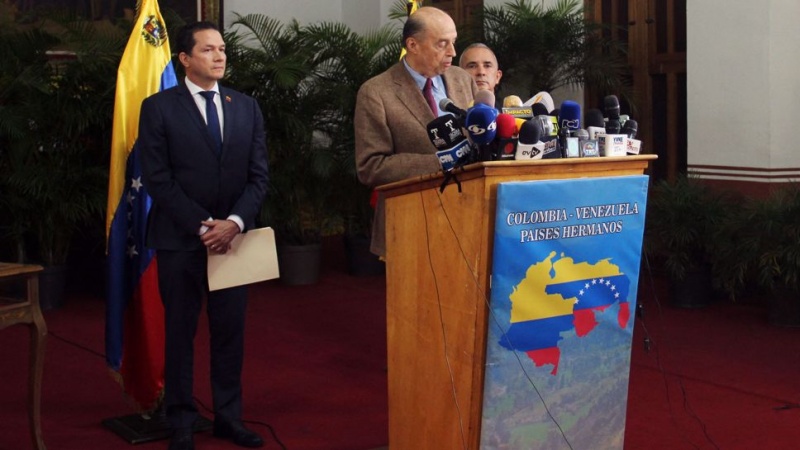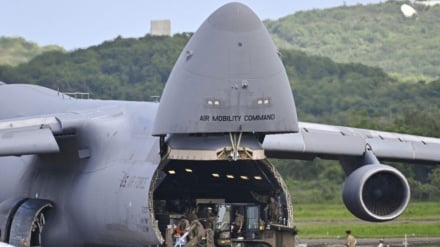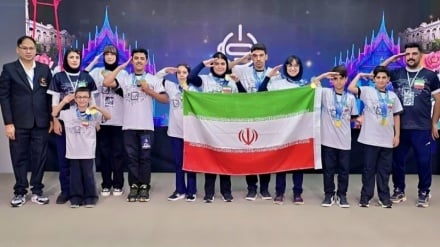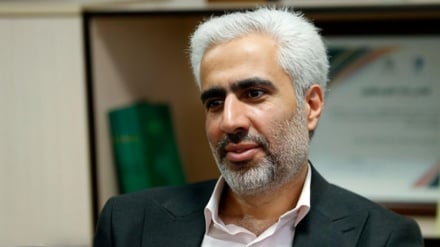Venezuela, Colombia poised to re-establish diplomatic ties after 3 years
Colombia is set to re-establish diplomatic ties at an ambassadorial level with Venezuela when President-elect Gustavo Petro takes office in Bogota on August 7, officials of the Latin American neighbors have said.
The announcement was made in a joint declaration on Thursday by Venezuelan Foreign Minister Carlos Faria and Colombian foreign minister-in-waiting Alvaro Leyva after a meeting in San Cristobal, the capital of Tachira state on the border between the two nations.
Both officials "expressed their desire to progress on a work agenda towards the gradual normalization of bilateral relations from August 7 by naming ambassadors and diplomatic and consular officials", read the statement.
Petro, the first-ever leftist president in Colombia's history, had vowed during his campaign trail to revive diplomatic ties with Venezuela.
Relations between the two countries were severed by Bogota in 2019 after US-sponsored Colombian President Ivan Duque refused to recognize the reelection of Venezuelan President Nicolas Maduro under US pressure.
Duque, instead, sided with Washington by arbitrarily recognizing Venezuela’s US-backed opposition leader Juan Guaido as the nation’s acting president.
Colombia was among more than 50 US-led countries – mostly in Europe and the Americas – that refused to recognize Venezuela’s 2018 presidential election, which was boycotted by the US-sponsored opposition.
As a result, embassies and consulates in both countries were shut down, and flights between them were also discontinued. Even the land border between the two nations remained closed between 2019 and October 2021.
Maduro blamed Colombia’s right-wing president for being part of the US-led plot to topple his democratically-elected government, as Duque repeated claims that his Venezuelan counterpart was harboring Colombian rebels that had carried out attacks against his security forces.
The latest development came as Colombia's police force claimed on Thursday that a former guerrilla hiding in Venezuela had offered more than $1.5 million as a reward for the assassination of the outgoing Colombian President Duque.
Petro’s surprise victory in the June Colombian presidential election ushered in a new era of politics in the Central American nation after a century of right-wing rule and decades of national unrest.
His election was widely seen as a big blow to the right-wing lobby and the Latin Americans’ orientation toward left-wing politics.
SS



